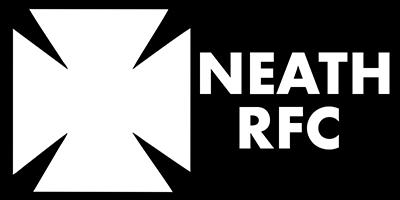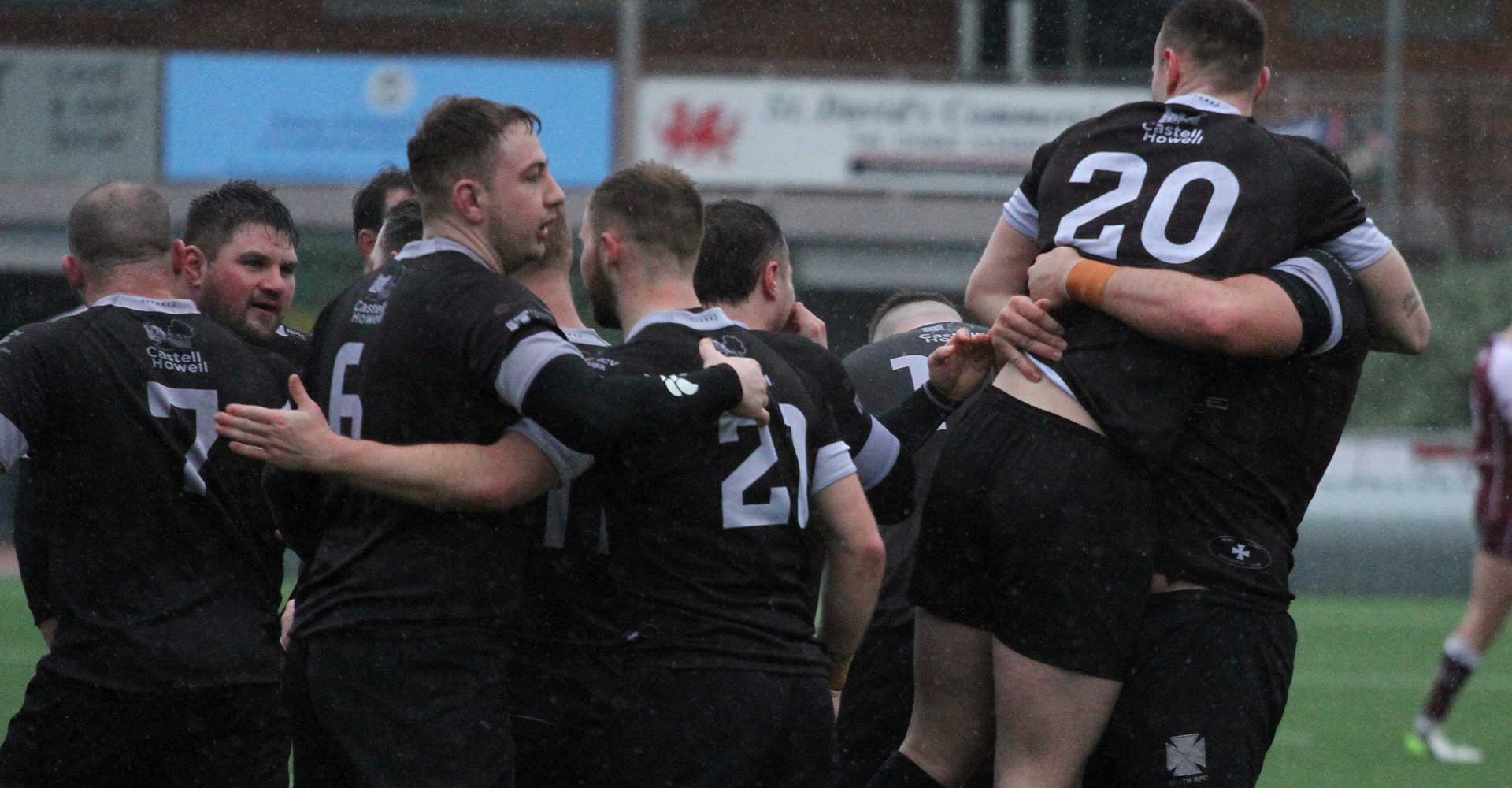
Neath added to their championship triumphs of 1909/10, 1910/11 and 1928/29 by winning the “Western Mail” title again in 1933/34.
Captained by Wales threequarter Arthur Hickman, the record was not quite as spectacular as that set by Tom Evans’ side but nevertheless they triumphed in 43 of their 52 fixtures and drew one of them, scoring 156 tries.
Llanelly and Aberavon battled tenaciously but a wonderful late season run saw Neath emerge as champions – but it was not until Neath’s 51st game of the season that the title was assured.
On Saturday, April 28, 1934, the All Blacks travelled to lush Abertillery Park and here is how Abertillery’s man described it for the “Western Mail” :-
– ABERTILLERY EXTENDED CHAMPIONS –
– BUT NEATH DESERVED TO WIN –
ABERTILLERY 0-1-3 NEATH 1-2-11
Exhilirating rugby was seen at Abertillery Park on Saturday between Neath, the unofficial Welsh champions, and Abertillery.
The champions’ victory was a tardy one, their 11 points being registered towards the end of the game, though, be it said, in less than that number of minutes.
A rally which resulted in a deserved try was the only reply that Abertillery were able to make.
Up to the time Neath scored their first try, and in the first half particularly, Abertillery shared the spoils in attack and defence. Abertillery’s line had its escapes, but so did Neath’s.
After the interval the All Blacks through the superiority their forwards established in the scrums and the speed of their backs, repeatedly launched attacks on the Abertillery line.
Once it had been crossed the defence crumbled and Neath reaped the rward which, it must be conceded, was seservedly theirs.
PLUCKY RESISTANCE
Abertillery put up a great resistance and played more convincing football than they have for a considerable period.
The outstanding man was Gwyn Moore, the Neath centre. A great attacking back, he scored two tries.
Powell served Abertillery well, especially in the first half but he took less watching than the elusive Youatt for Neath.
Despite his youth, Ken Green, the secondary schoolboy international, at full back for Abertillery, stood up magnificently, to the Neath attacks and acquitted himself in a manner that would have been creditable to a more experienced player.
Following Moore’s two tries, Rayner Jones was sent over by Youatt for atry which Hickman converted. Subsequently, Pugh scored for Abertillery. Teams :-
ABERTILLERY – K. Green; G. Woodhouse, H. Richardson, L. Murray, A.E. Williams; G. Gimblett, C. Powell; M. Meek, G. Morgan, T. Pugh, T. Richards, T. Sayers, E. Lloyd, K. Fildes, W. Watkins
NEATH – Gwyn Thomas; D.H. Davies, Glyn Daniels, Gwyn Moore, Islwyn Davies; Arthur Hickman (captain), Eddie Youatt; Tom Arthur, D.R. Prosser, D.L. Thomas, Mog Rees, D.M. Evans, Gordon Hopkins, Harold Thomas, Rayner Jones
Neath’s championship was therefore greeted with the usual understatement in the East – nothing new there ! – but the side were deserved champions and had more depth at their disposal than most.
It was by no means Neath’s strongest side as the long campaign had taken its toll and men like Dan Jones, T.H. Morgan and Glyn Prosser were not involved while star scrum-half Cliff Evans and Vernon Case had gone north during the season.
But it was a Neath team which fully lived up to the standards associated with the All Blacks.
Gwyn Moore is considered one of Neath’s finest – if not the very best of – centres and should have been capped. Gwyn Thomas, Glyn Daniels and Eddie Youatt were trialists.
Arthur Hickman was a real star with the footballing ability to play anywhere from outside-half to wing where he was capped by Wales – and he would probably have succeeded in other positions too had he decided to try his luck there.He scored 29 tries that season – and added 50 conversions and 7 penalties for good measure : 208 points in all.
As ever, the Neath pack was wonderful. Tom Arthur, the brothers Thomas and the brothers Prosser were all capped by Wales. All the others were trialists and would not have disgraced the national shirt.
In the 1930’s, economic fortunes were hard but Neath were every bit as tough as the times.
MP


